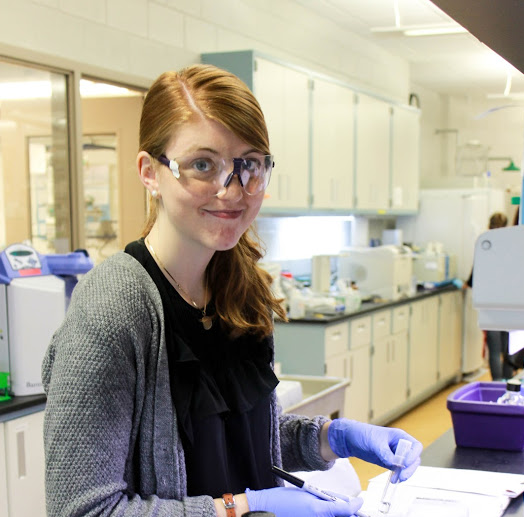
While the occurrence of any particular rare disease is low, 25 – 30 million people in the United States are affected by a rare disease, which means that the experience of being rare is actually quite common.
During January of 2018, Amy and Rachael taught a class on rare diseases and, during the class, had the privilege of hearing multiple stories of families that have been affected by rare diseases. While each particular situation was unique, the similarities between the family’s emotions, challenges, fears, and hopes were striking. Over and over, we heard people wondering if they were the only people who had a particular experience or challenge. Families don’t often know others who have experience with a particular rare disease and may feel quite isolated and alone. When we ran our first rare disease symposium in March of 2018, our primary goal was to bring people together so they could hear the similarities in their stories and experiences. While there may be no one else who is dealing with their particular medical situation, there are other people, even within the local community, that have walked a similar road with a different rare disease.
We have worked to gather some of these families’ stories, focusing not on the rare disease of any individual, but rather on the challenges that come with being rare. We hope as you read these stories that you find a thread that echoes your own experience and that with that thread, you become connected to others who are walking a similar road. On your own, you are rare, but together, as we share stories and challenges, we can unite around our current challenges and our future hopes and dreams and in that community find strength.
Interested in more?
To hear more stories, you may also want to visit Rare in Common
If you have a story you would like to share with others or if there is another experience you would like to hear about, please connect with us directly, we’d be happy to work with you.

“From personal experience, rare disease is an isolating and hopeless situation, but by doing research, we can provide hope to those who feel as though they have no options. We can empower communities by raising awareness of the diseases we study in order to help build a community of individuals who uplift and support each other in the hardships.”Shannon | Student Researcher






